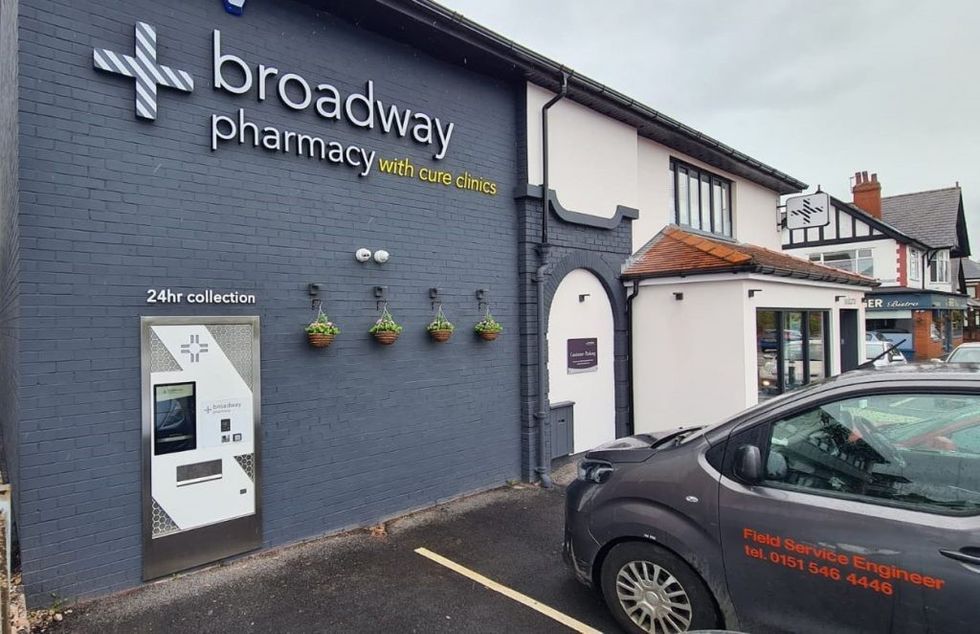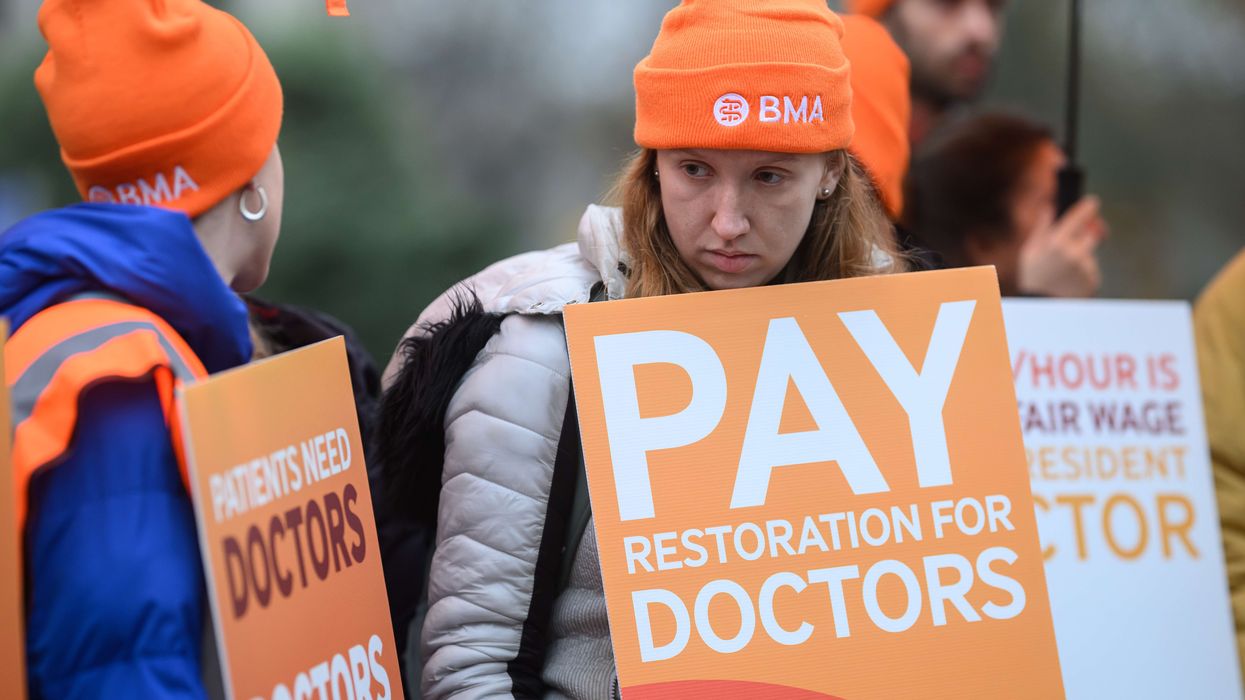After a year of Covid-led disruption, Gary Paragpuri looks back at how 24-hour medicine collection has changed pharmacy life for customers of Hub and Spoke Innovations…
Spring 2021 has been a time of reflection for many of us. Passing the milestone of the anniversary of the first national lockdown provided a poignant moment to look back on our experience of this difficult time and to look with hope to the prospect of brighter times ahead.
Reflection, according to Confucius, was the noblest of the three methods of acquiring wisdom, with imitation (the easiest) and experience (the bitterest) making up the remaining two. At Hub & Spoke Innovations, we have been keen to embrace the opportunity to reflect and learn all we can from our customers in pharmacy as we fast-approach our 100th installation.
In the course of our conversations with contractors who have introduced 24-hour prescription collection to their patients via the Pharmaself24, there are key messages that have repeatedly bubbled to the surface. The following are some of those learnings, all of which are based on genuine quotes and serve to highlight some of the pressing challenges facing pharmacy today.
Pharmacy environment
“As a result of the Pharmaself24, the pharmacy has a lovely calm feeling: there are less interruptions and stress levels are much reduced.”
Pharmacy teams might get used to the persistent pressure of managing a constant stream of patients, but it doesn’t get any easier. Add the requirement for social distancing into the mix and it has the potential to build to pressure-cooker levels. Clearly, high volumes of patients are good for business, but for it to be sustainable, strategies need to be introduced to give staff the ability to truly focus their efforts on where they are adding the most value to patients.
Collection process
“Patients don’t call or visit unnecessarily. They wait for the PIN code before coming over.”
Communication is central to the provision of a good customer experience in today’s world. We expect to be able to track our online orders to their precise location and know almost to the minute when our online shopping will arrive.
As such, it can be a source of frustration for busy patients when they arrive at some pharmacies only to be told their medicines aren’t ready, whether that’s down to stock unavailability, the script not having arrived from the surgery or they simply came in too early. Filling this information vacuum is an important step in developing a stronger relationship with patients and stepping up to the higher levels of expectation around communication in a digital world.

Potential to do more
“Staff are freed up to do other tasks and offer more services.”
Pharmacies are currently struggling to balance a difficult equation, with their to-do list on one side and the number of hours in a day on the other. For many, it is an unsolvable conundrum, as the ability to expand their offering around clinical services is compromised by the requirement for staff to meet the essential demand of preparing, checking and handing out prescriptions.
Even in the most efficient environments, it can still be difficult to devote the necessary time and effort to recruiting and then delivering additional clinically focused services.
Adoption of technology
“It’s been a surprise how older populations have embraced it.”
Elderly patients typically make up a large proportion of a pharmacy’s demographic mix, with many on repeats to manage chronic conditions. It can be tempting to characterize this important group as technophobes who are fixed in their patterns of behaviour, and many Pharmaself24 customers have made the assumption that 24-hour collection would be driven by time-pressured younger populations. While some patients will always be resistant to change, the level of engagement and adoption of the Pharmaself24 among ageing groups has been an eye-opener for our customers.
Post-Covid world
“Social distancing is something that is here to stay and this really helps.”
Boris Johnson’s early assertion that coronavirus could be contained within 12 weeks now looks naïve at best. Thanks to the response of the UK’s health workers and a better than- expected vaccination programme, huge progress has been made in recent months, but it is clear that Covid-19 will remain prevalent for some time to come.
The experience of lockdowns and social distancing have already had a major impact on our levels of comfort when it comes to proximity to others and sharing public spaces. Just as many people won’t expect to return to the office full-time, exercising caution around others may well be a feature of the post- Covid world.
The conclusion
Looking back is something that many people are understandably keen not to do, particularly after the past year. But, uncomfortable as it may be, there are valuable lessons in reflection - we can’t change what has gone before, but
we can use it to inform a better future. Or, to return to the wise words of Confucius: “Learning without reflection is pointless; reflection without learning is dangerous”.
Gary Paragpuri is CEO of Hub and Spoke Innovations.











